Much has been said about the most recent Marvel Cinematic Universe film, aptly titled The Marvels.
Some see it for the fun, heartfelt classic superhero film that it is, with all its faults and flaws. In contrast, others seem to hold a special contempt for the movie, not altogether disassociated from its female-centric narrative and voice. The catchphrase “Go woke, go broke” was instantly employed to justify the film’s record-breakingly poor box office performance, completely disregarding the wider context of the actor’s strike, a nonsensical marketing campaign, and a general growing disinterest in Marvel properties.
Well, it just so happens that its femininity is the best thing about The Marvels. It’s a fact that people watch superhero films for the “hero vs. villain” action, interesting fight sequences, and impressive visual effects (or they used to anyway), but there’s something to be said about how the constructs of the genre allow for worthwhile character stories when done correctly.
Despite its fast pace and choppy editing, at the core of The Marvels is a relationship unlike anything we’ve seen before in superhero moviemaking. The generosity and love with which director and co-writer Nia DaCosta paints her three leading ladies felt refreshing, new, and hopeful. Female solidarity and comradery are the undeniable driving force of its narrative, as the intricate pasts and expectations move and evolve between Carol, Monica, and Kamala.
Not only did DaCosta have the sensibility needed to tackle Carol and Monica’s history of abandonment and failed expectations, but she also succeeded in weaving in Kamala’s much more idealist perspective of her idol, Captain Marvel. DaCosta portrays her heroes as surprisingly human and whole, making space for connection and emotion even within the hectic rhythm of her film. Carol is struggling with the consequences of her actions and isolating herself as punishment, while Monica is still trying to come to terms with the loss of her mother and her aunt’s disappearance. Meanwhile, all of Kamala’s biggest dreams are coming true, until she realizes the bigger stakes of Captain Marvel’s adventures aren’t all glitz and glamour, but a lot of sacrifice and hard decisions, which aren’t always the right ones to make.
One sequence stands out among many. The trio decide to put their grievances aside to figure out how their connected powers work and what is their plan moving forward. They lounge around, eat cereal, play, work, and enjoy themselves, and as a viewer, you feel that these are real people you’re watching on screen and not just plasticized symbols of some capitalist ideal of what women in media are meant to be.
Some threads were left loose and not every resolution was satisfactory but The Marvels was unexpectedly vulnerable and empathic, two traits that cannot and should not be separated from DaCosta’s female sensitivity and the life she brought to Carol, Kamala, and Monica. Naturally, not everyone picked up on these nuances, and often the imperfections that give these characters light are misconstrued as “boring” or “annoying.” However, as much as we all love Scarlett Johansson and everything she did with Natasha despite lackluster writing, it was about time female superheroes got to be things other than sexy and confident. And we have Nia DaCosta to thank for that.

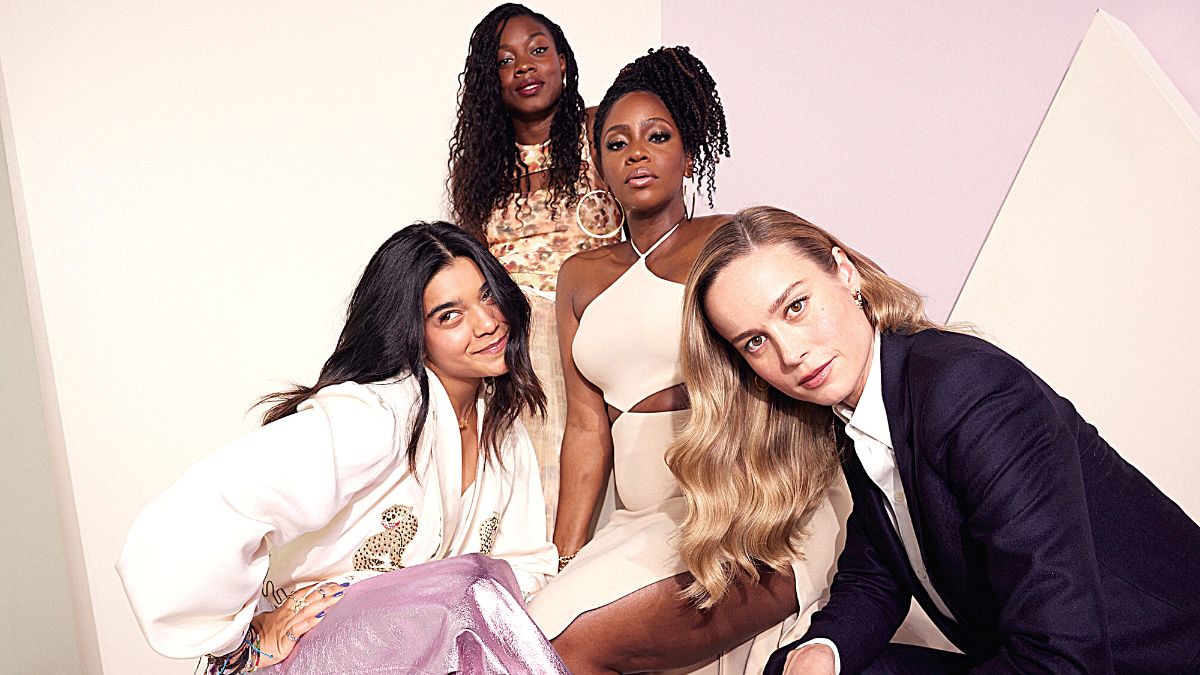
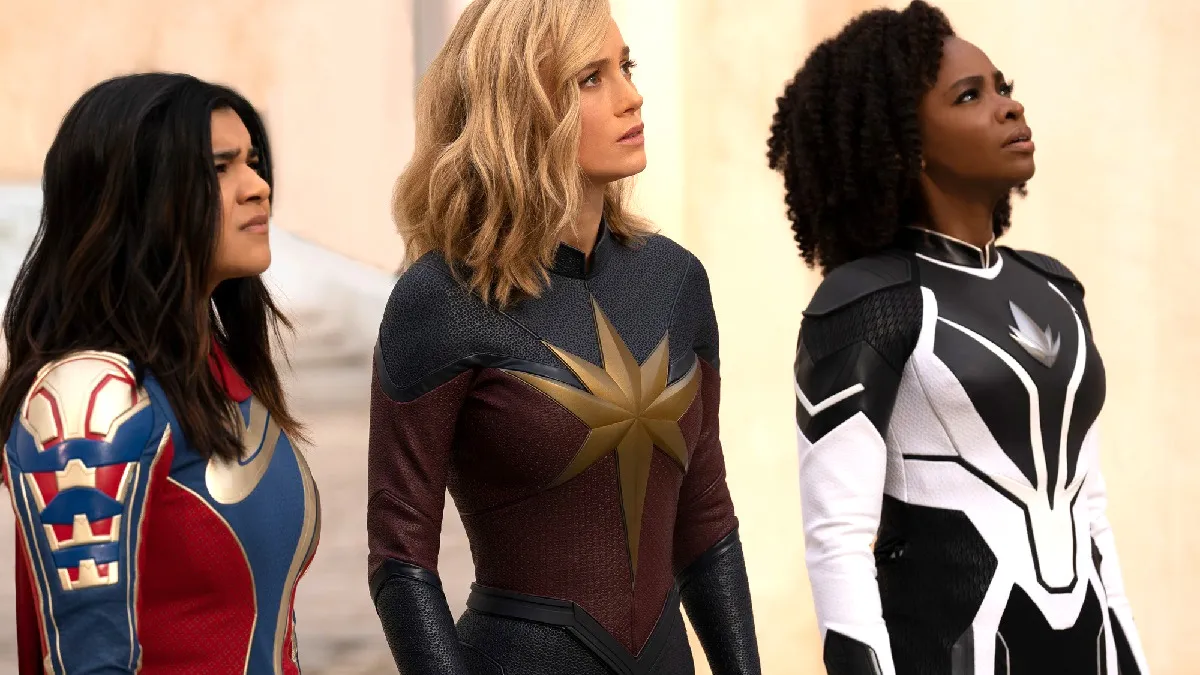
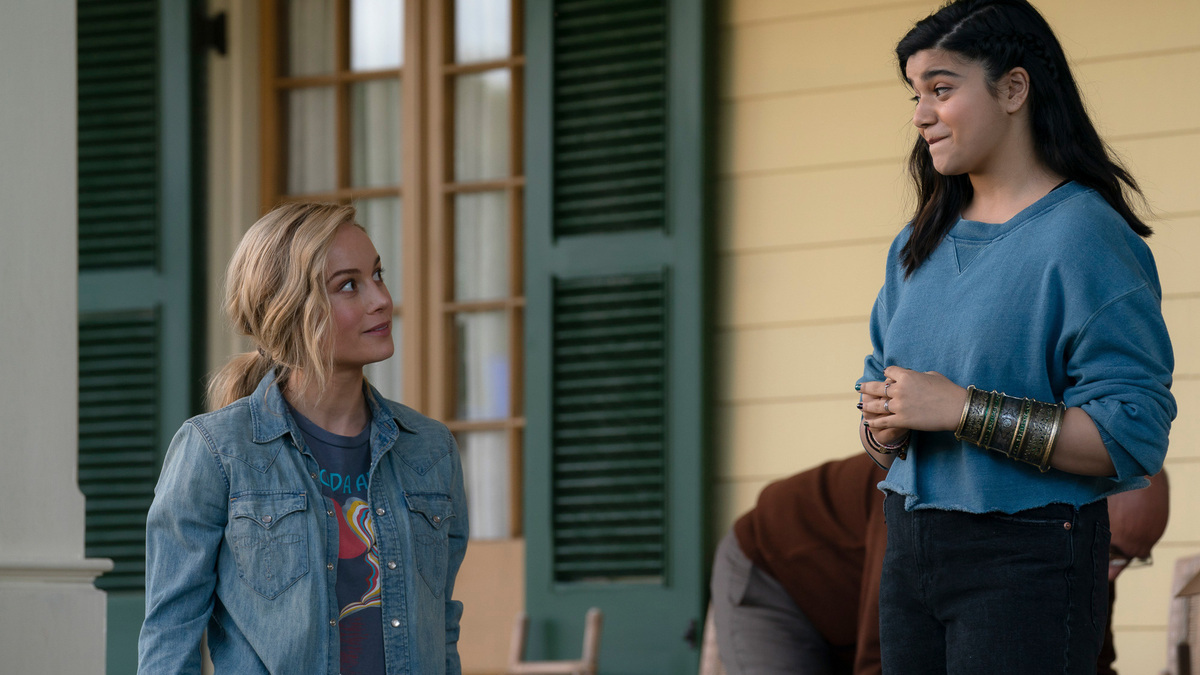
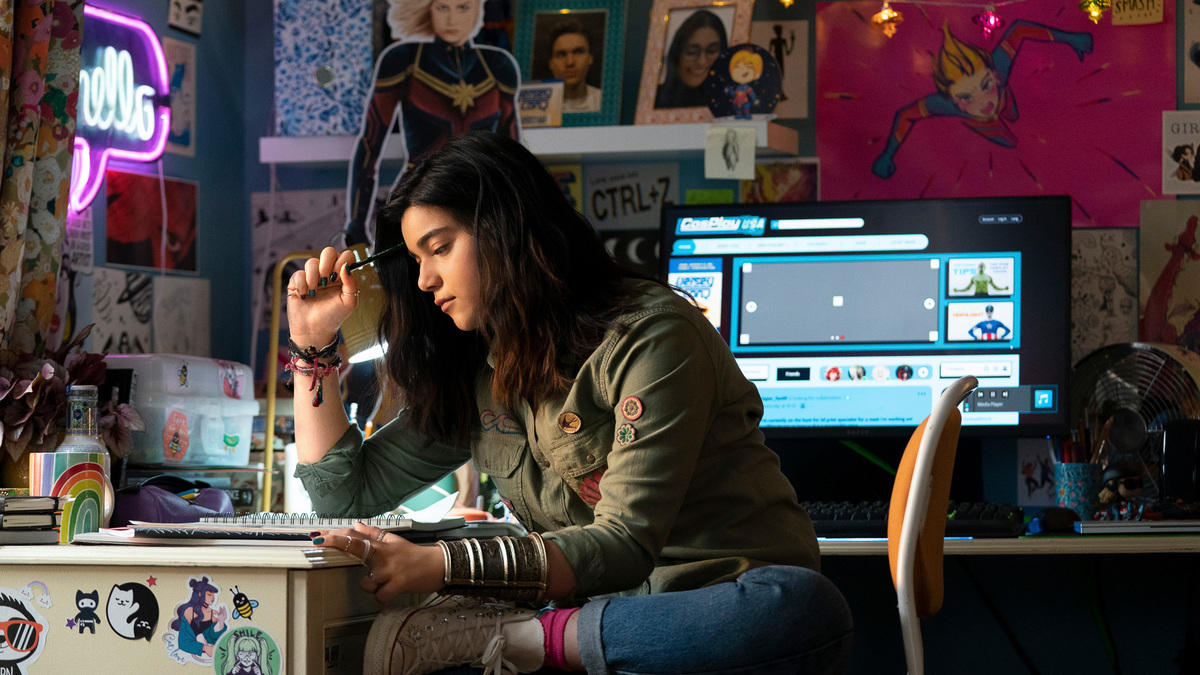
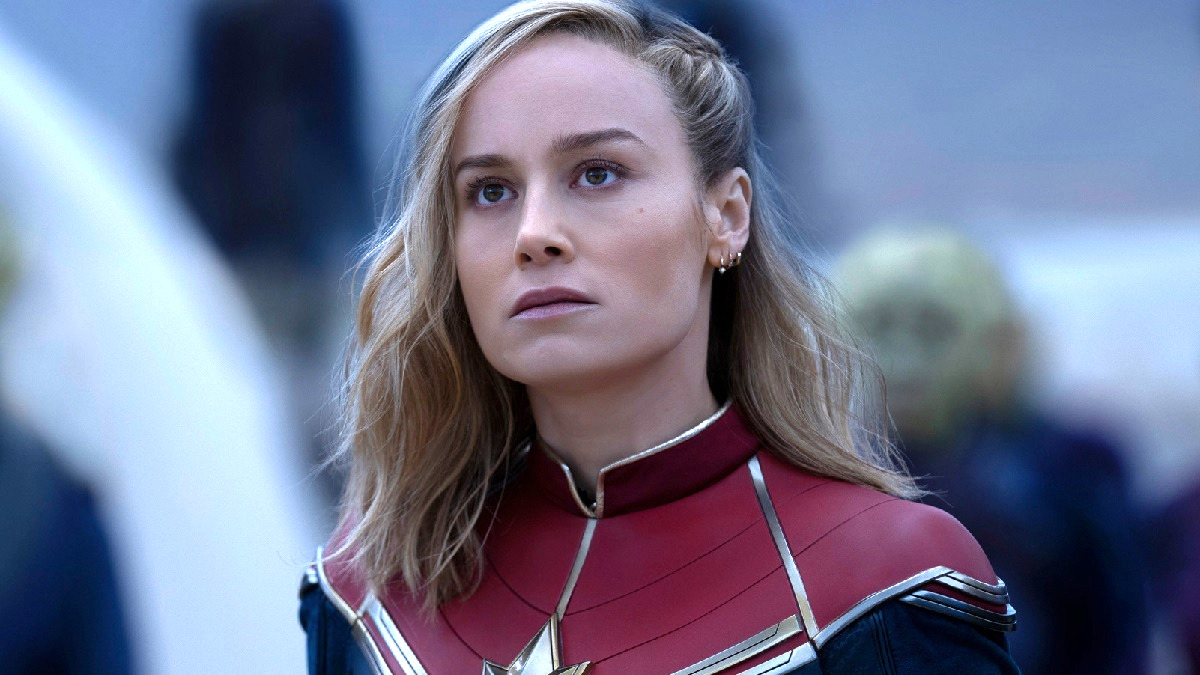
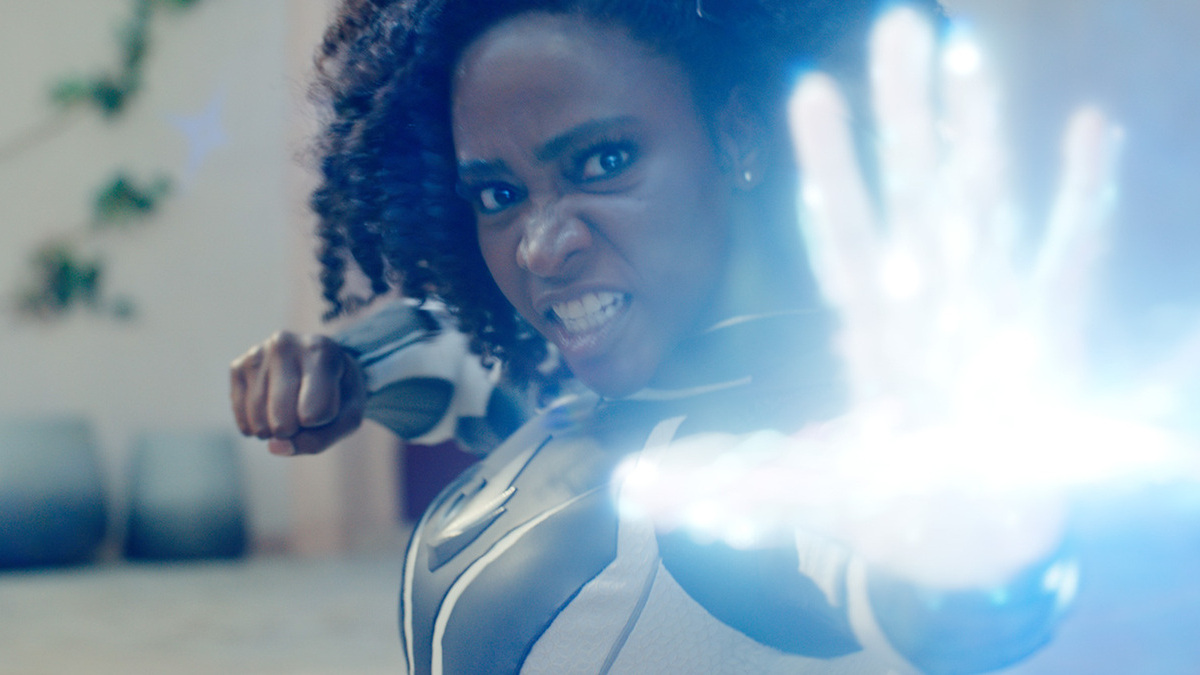
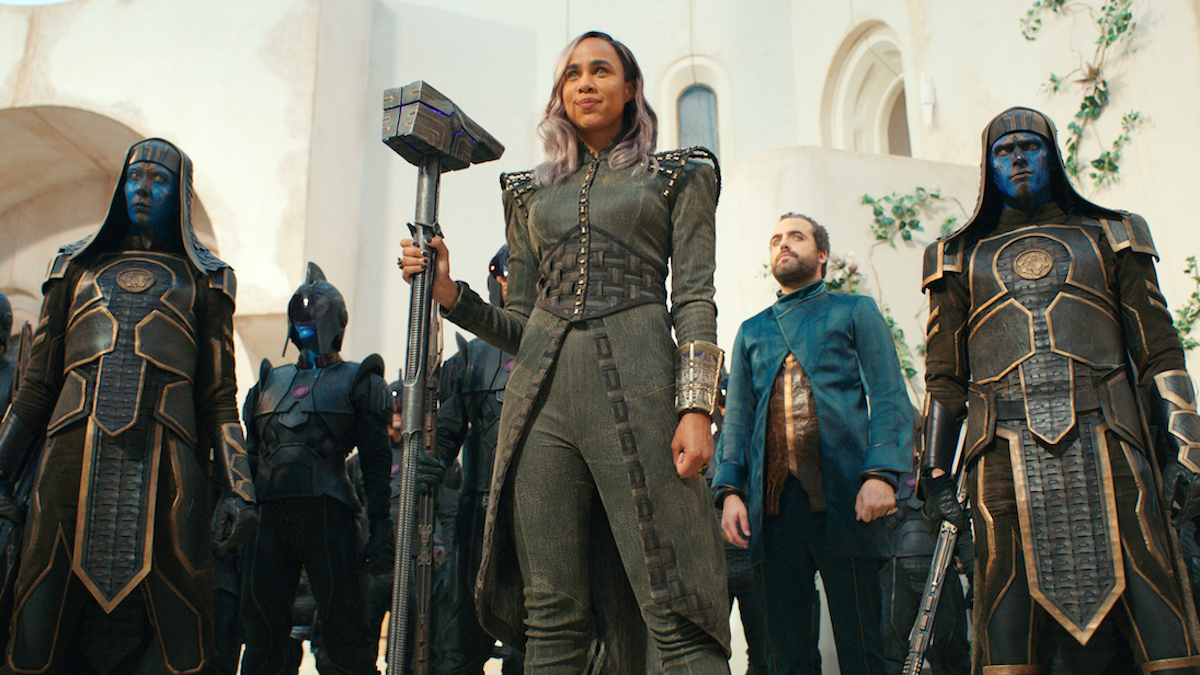
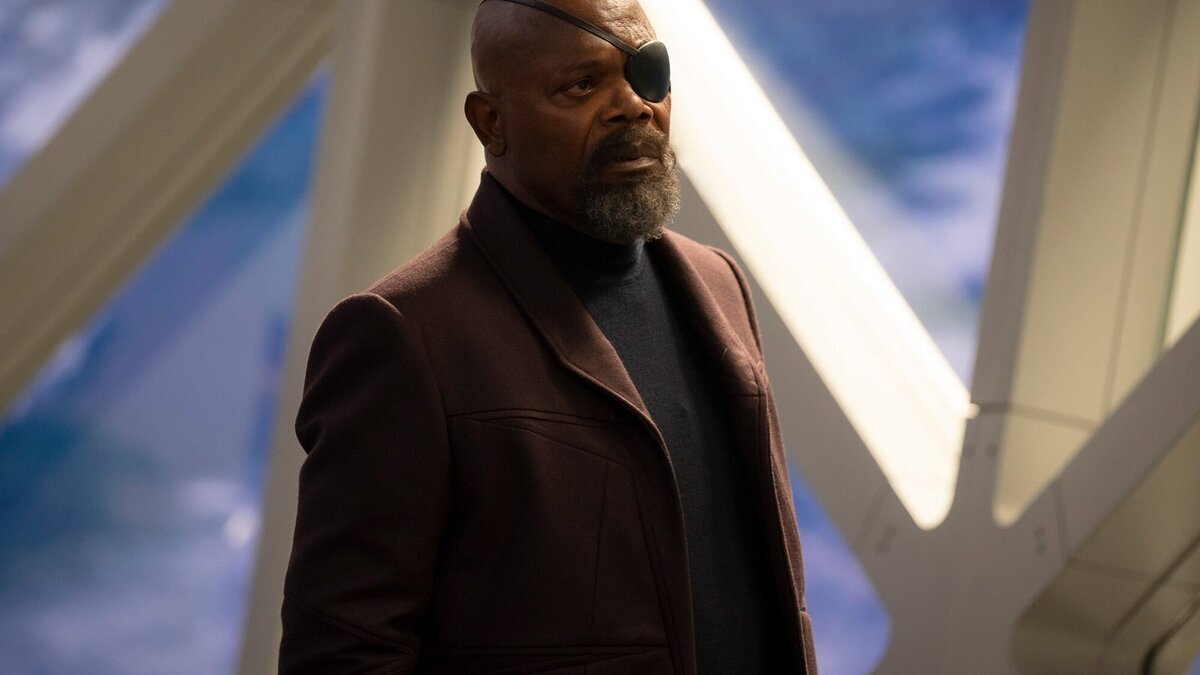
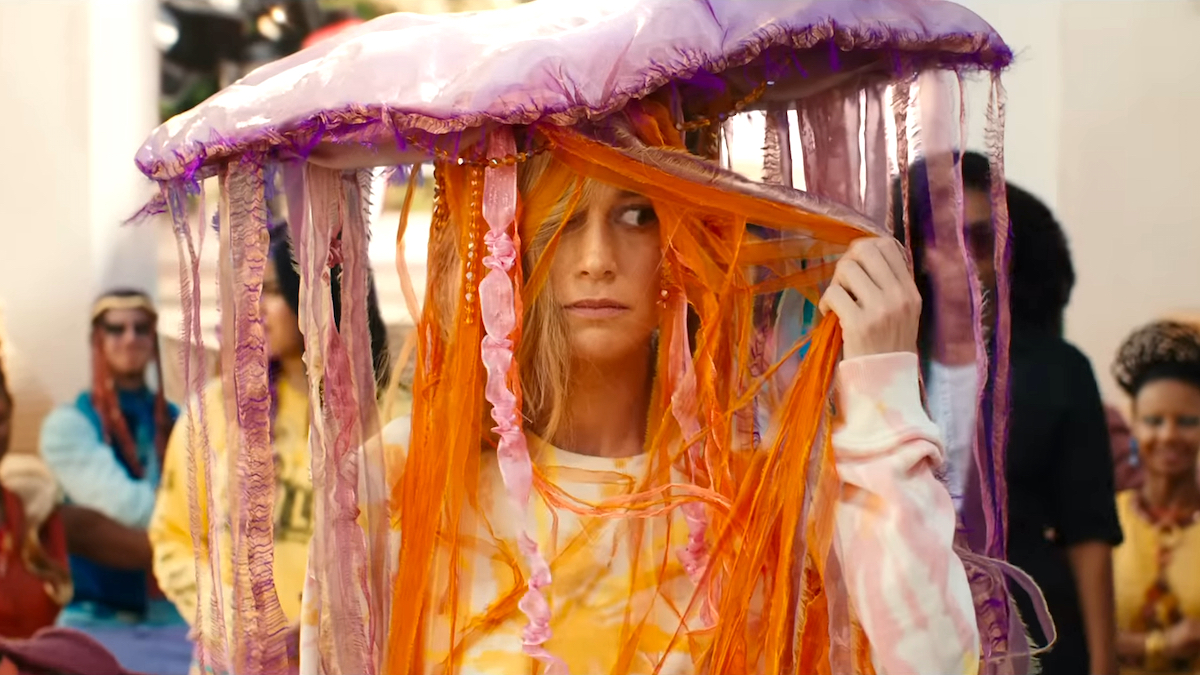
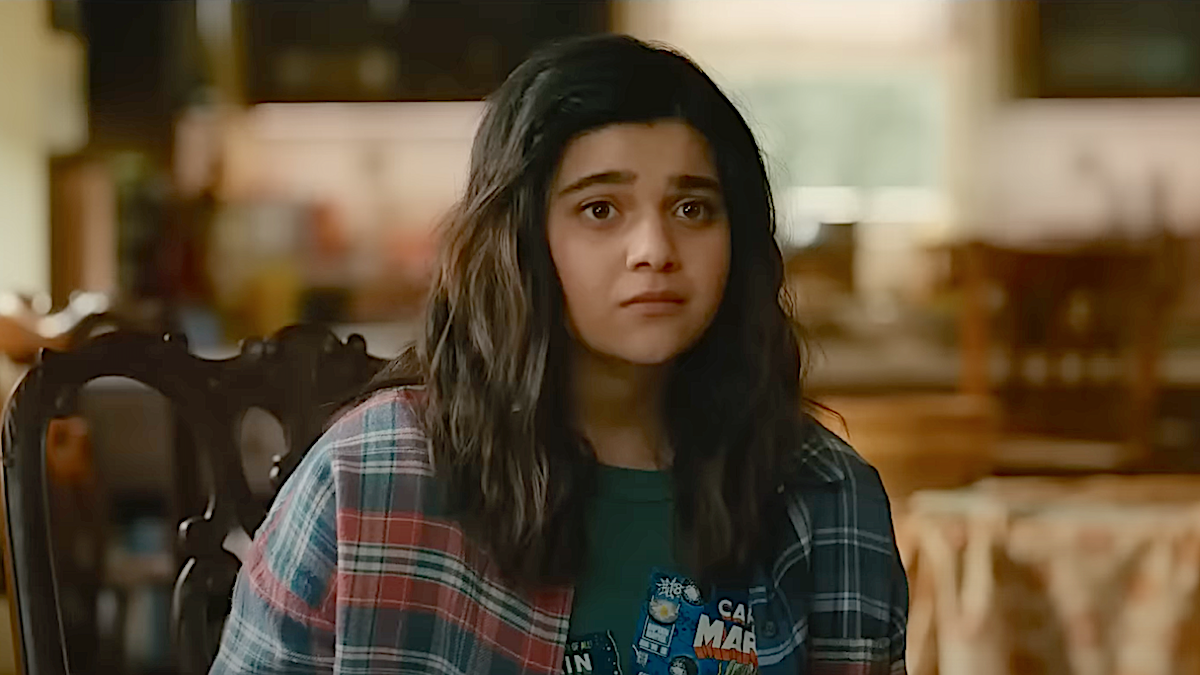
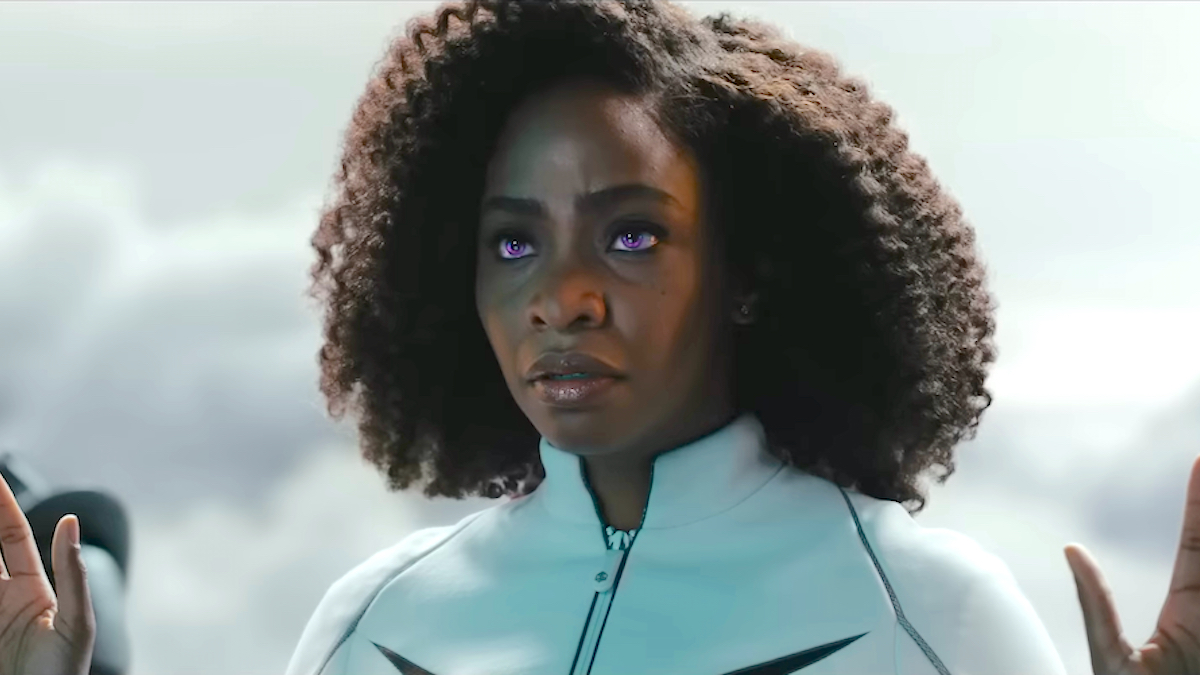
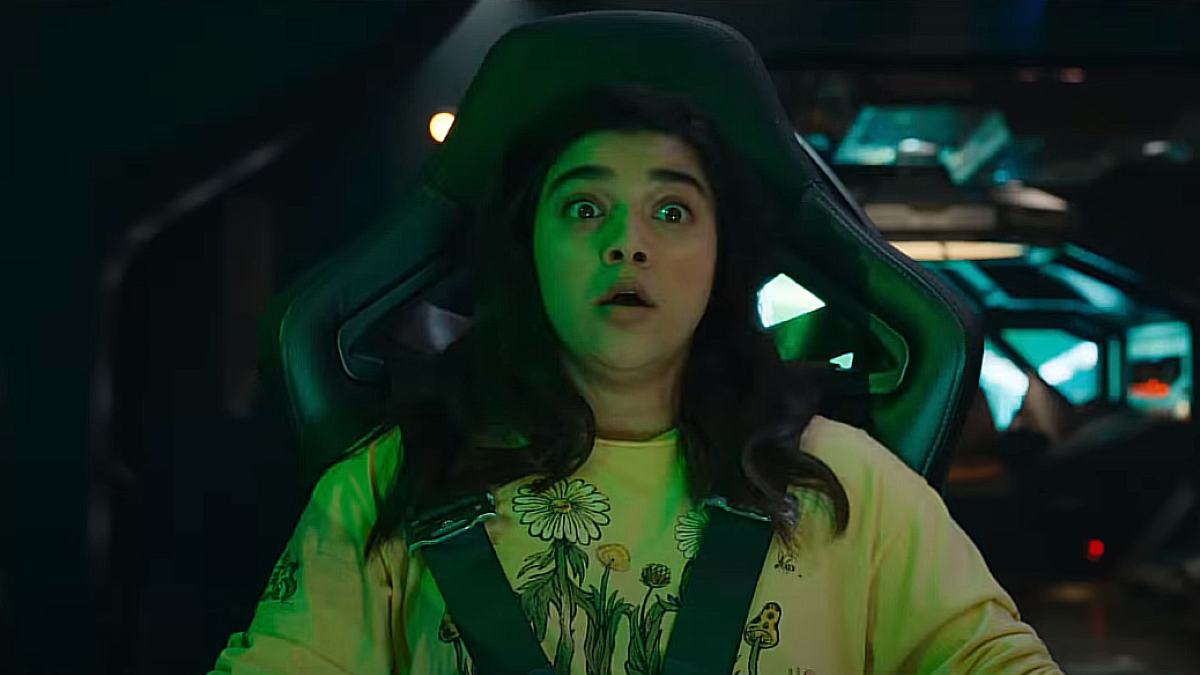
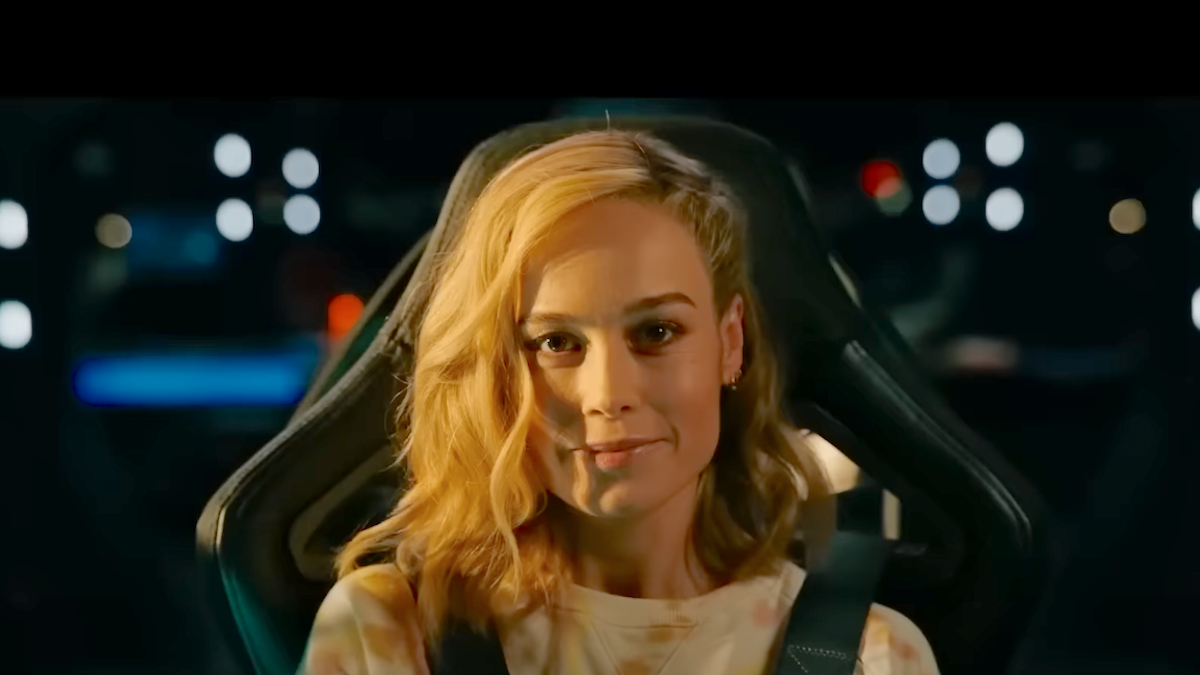
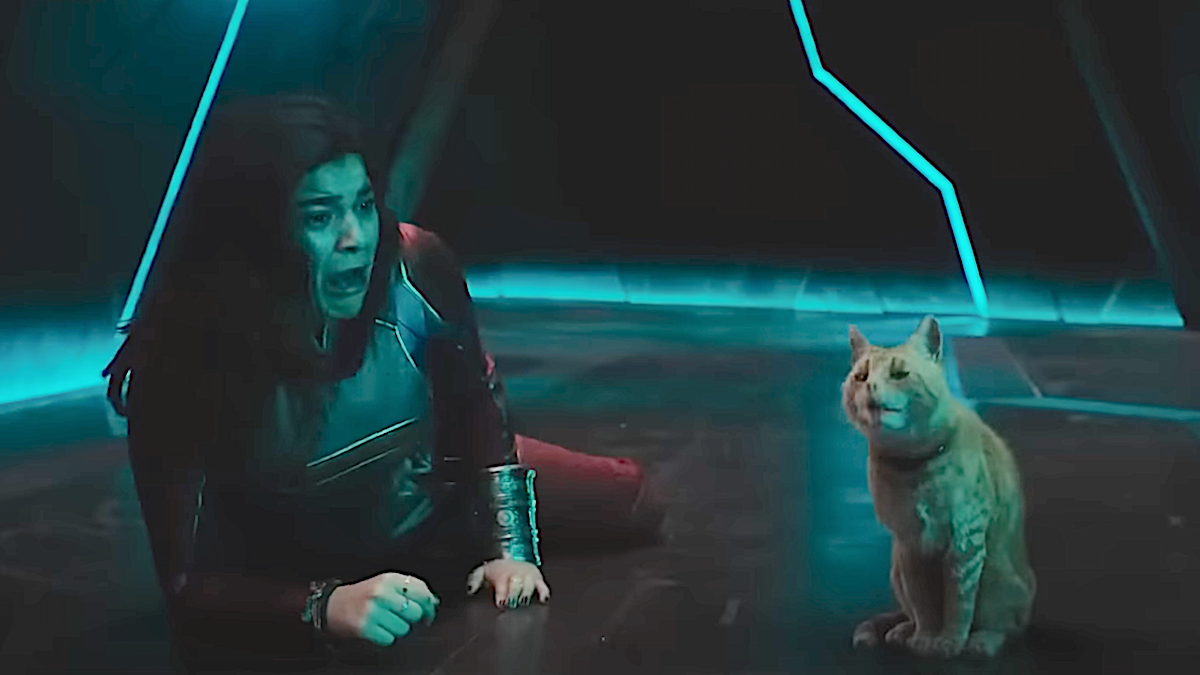
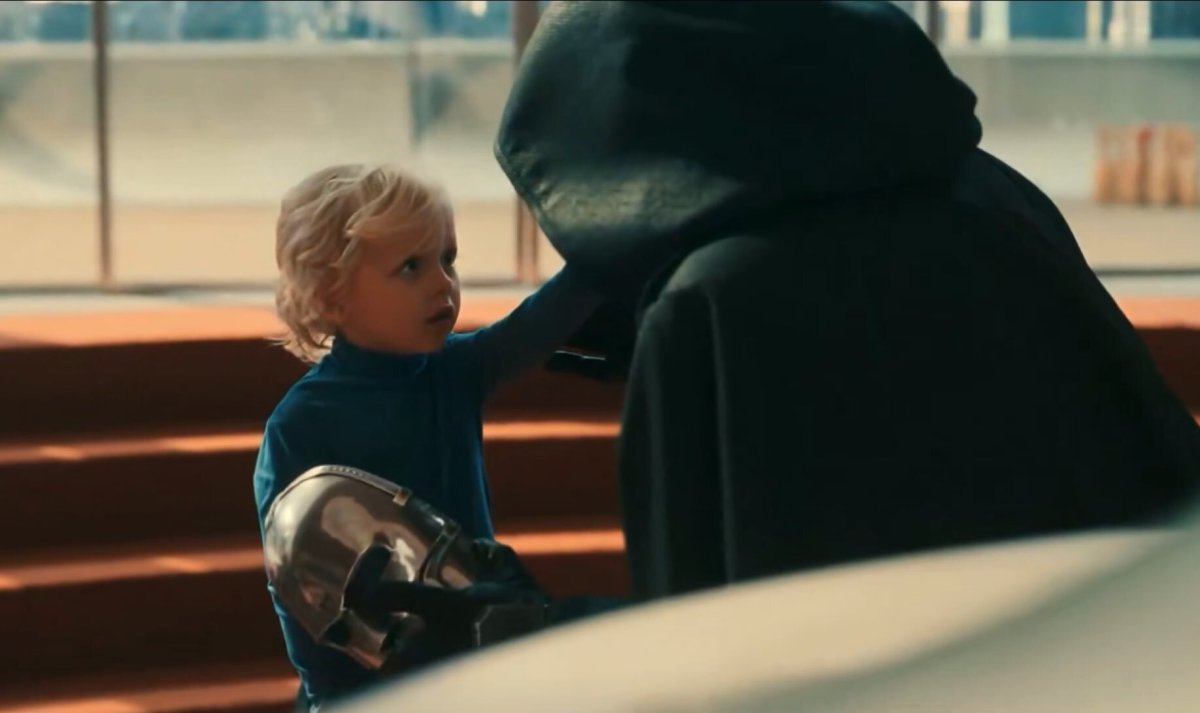
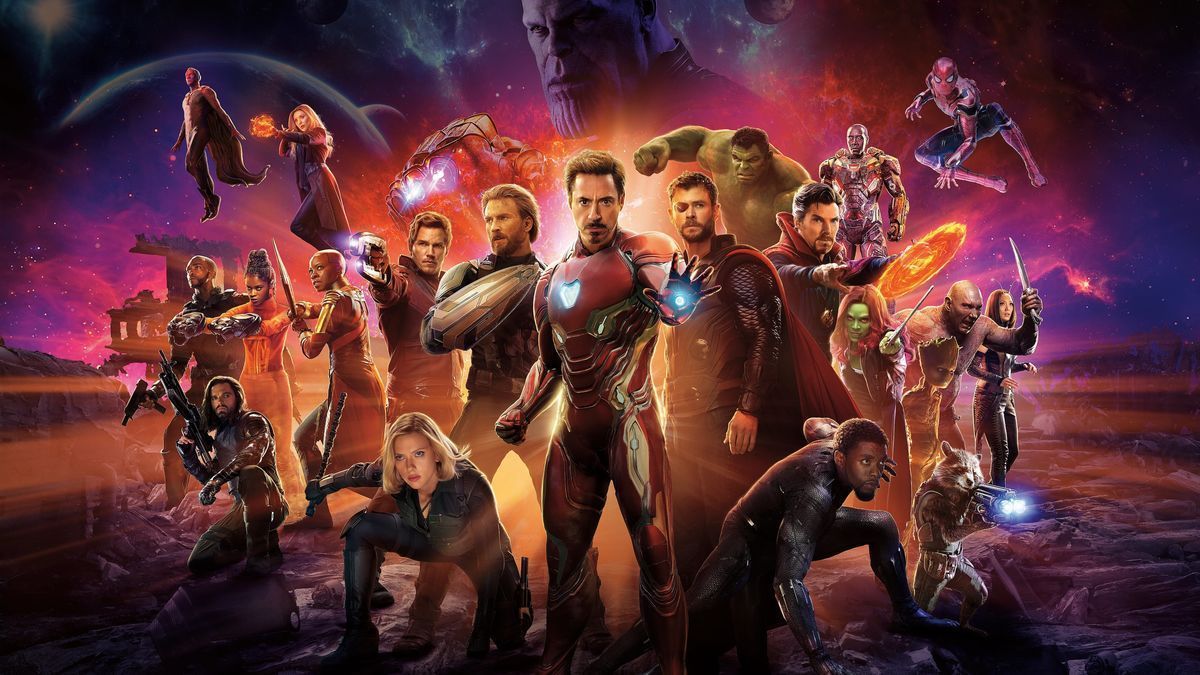
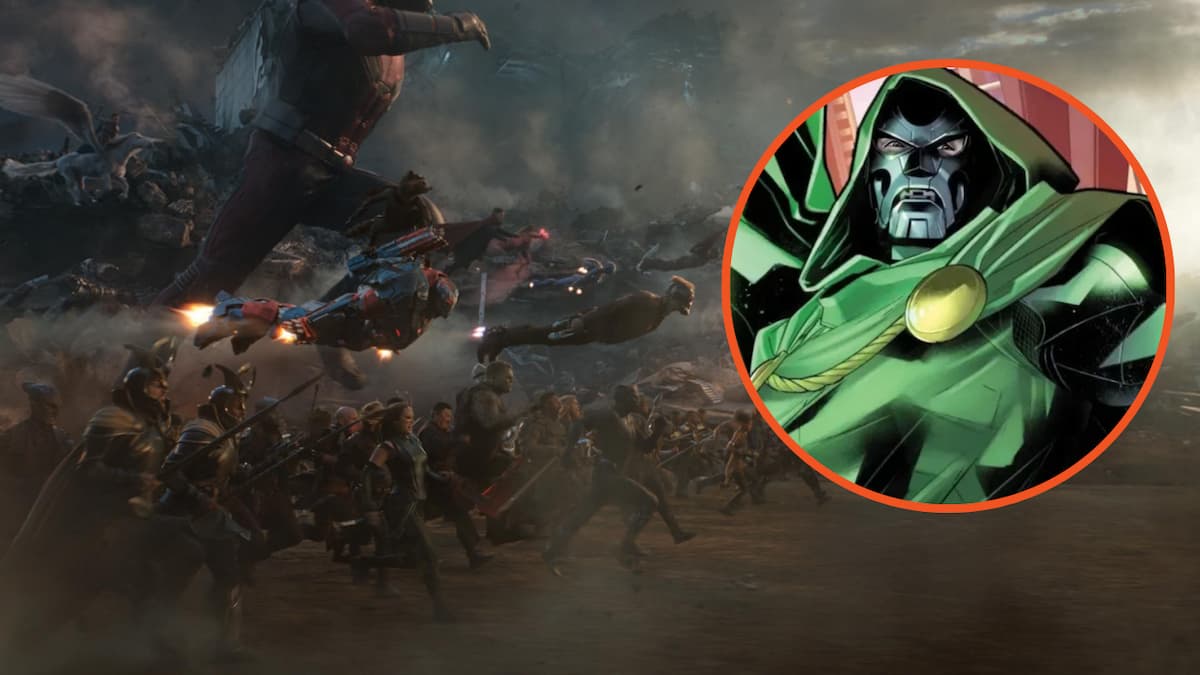
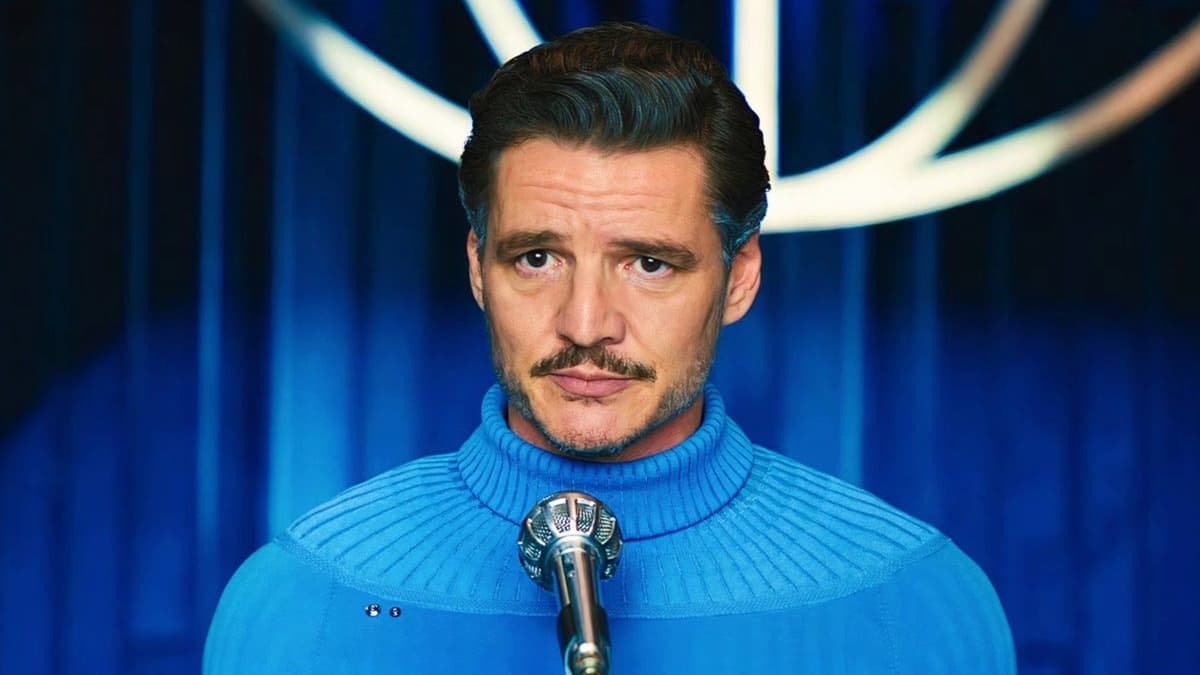
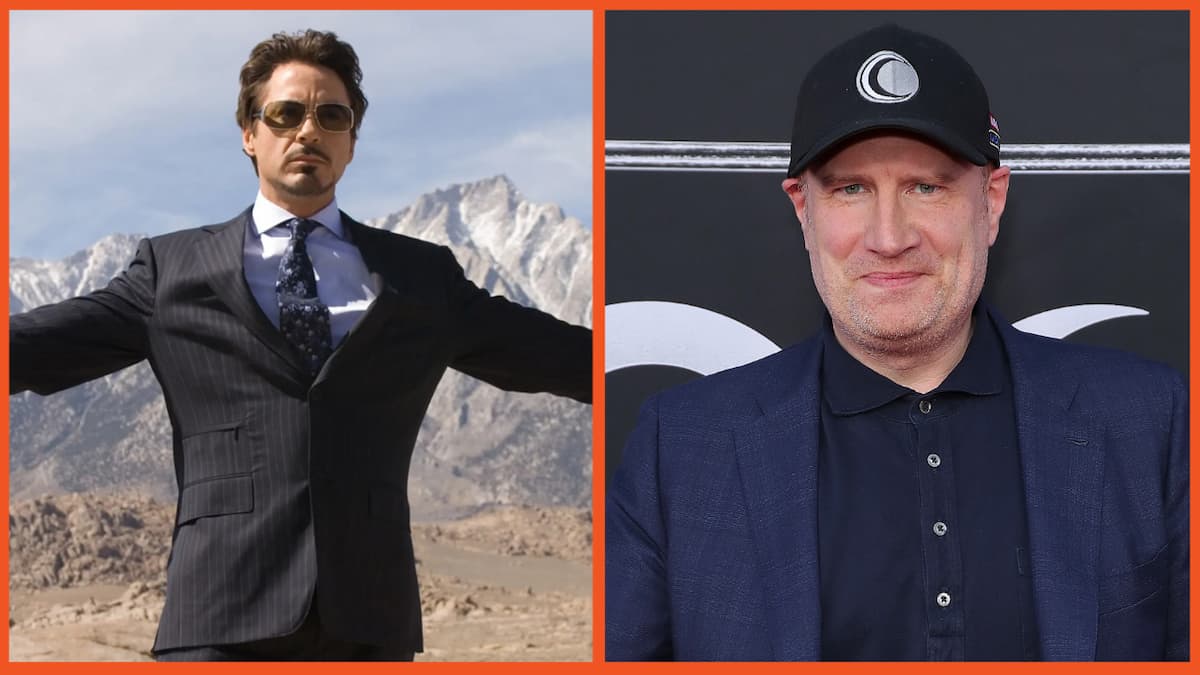
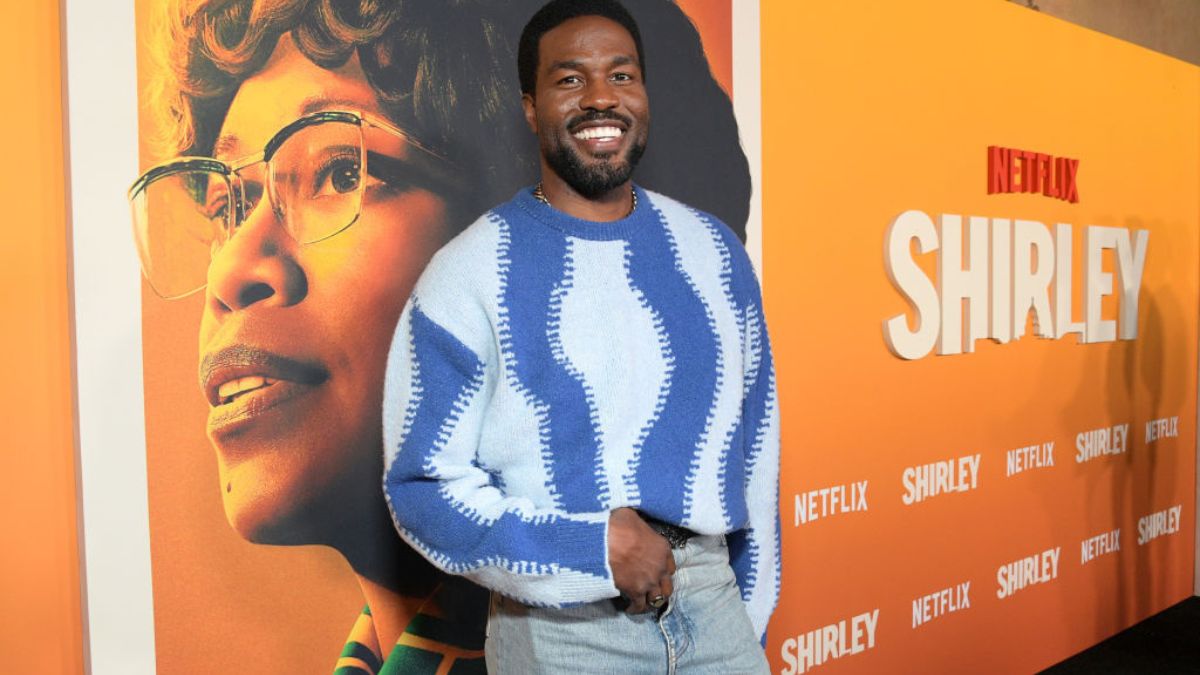
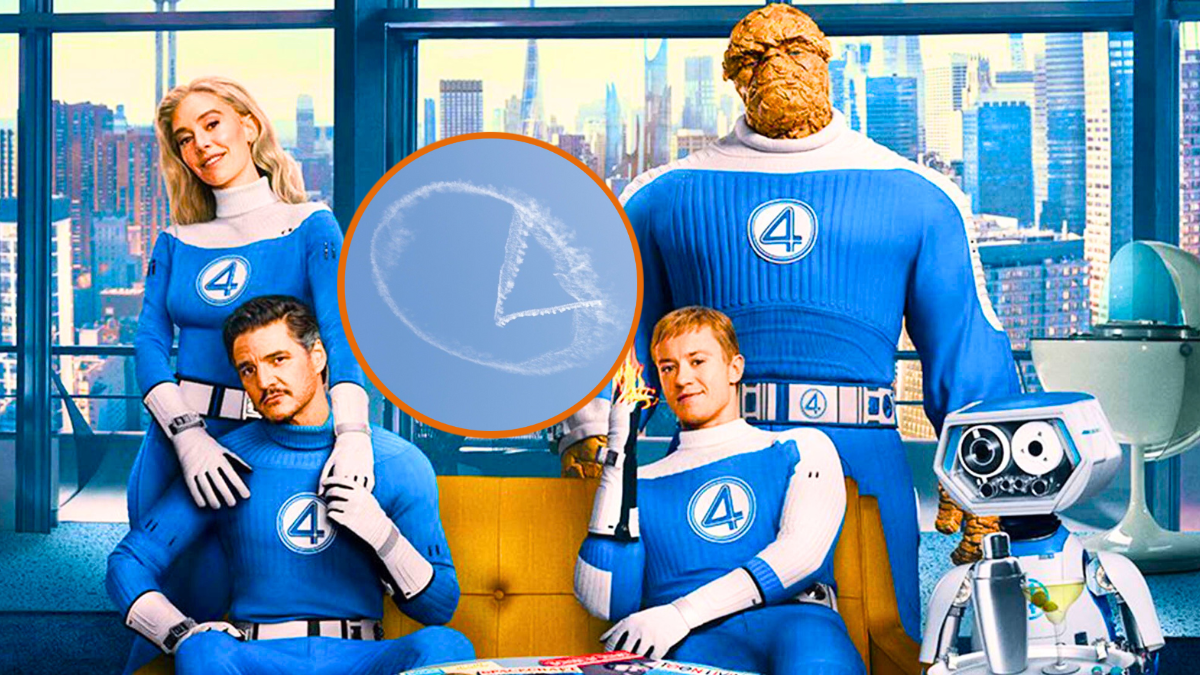
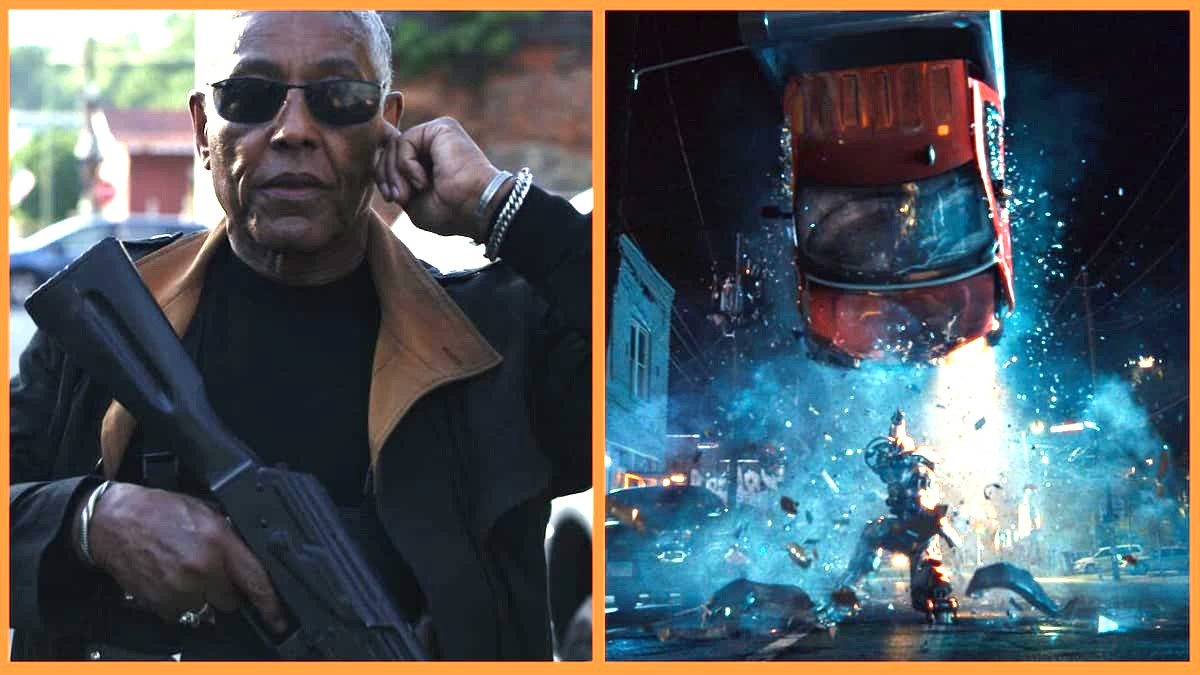

Published: Nov 27, 2023 06:11 am